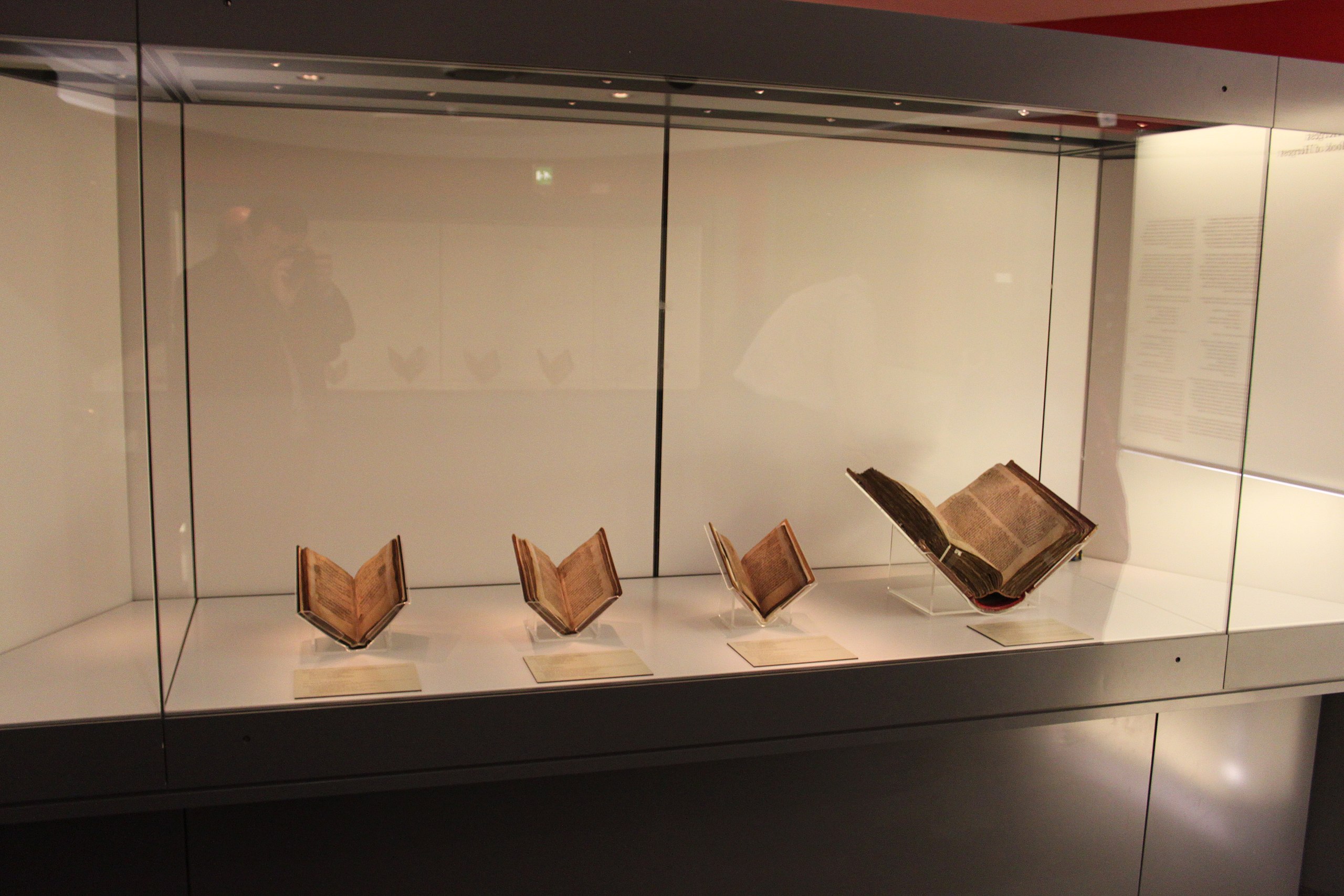 No, I’ve not misspelled “philosophy.” That word’s lesser-employed cousin means, at its Greek roots, a lover of words. If you are reading this, you must at least have a crush on words.
No, I’ve not misspelled “philosophy.” That word’s lesser-employed cousin means, at its Greek roots, a lover of words. If you are reading this, you must at least have a crush on words.
As with last year’s post, for the day commemorating Dr. Martin Luther King, I wanted a word that would describe him. In addition to his other gifts and accomplishments, King’s writing demonstrate his love of words and metaphor. He was certainly a non-academic philologist. So when did philology, as a word, originate? Why has its usage tapered off today?
The OED gives us Chaucer’s example from the 14th Century, then more early 16th Century examples for earliest uses; as with so many other words at this blog, blame Gutenberg for that. I suspect that the study of language, and the sharing of ideas about it, spread with the spread of printing.
Usage ranks a surprising four of eight on the OED’s scale. That means our word is not common but also not unguessable for English speakers. It ranks alongside one of my favorite words, schismatic, yet I imagine that more academic ears would recognize our term than the one just given. Outside of Academia, both would sound alien.
Even within my circle of scholarship–writing centers and writing classrooms–no one has ever called a colleague a “philologist.” Why then has this term fallen from favor in learned circles? Most faculty I know have a curiosity about language, whatever academic discipline they practice. One supposition I see, in a casual Google search, involves snobbishness and worse, bigotry, an early generation of scholars who served as gatekeepers for “proper” written English. Those same grandees might be horrified by the OED’s inclusion of another of my favored words, “badass.”
To learn more about the modern debate about the history of philology and what constitutes philology today, read James Turner’s book from Princeton University Press (I plan to) and Mark Liberman’s post about how it fell from grace as a formal academic pursuit. Liberman posits a new definition that I both like but find limited, “the discipline of making sense of texts.”
Can we broaden that to spoken language? More than ever, we could use an inclusive form of philology to get students and those outside our campuses to be curious about, even come to love, the play of words. Poetry slams are a start. Studying speeches by King and other gifted writers would be another branch of modern philology.
I’d welcome any other speculations about the waning of philology, as word or practice, in comments. While you speculate, please send us words and metaphors useful in academic writing by e-mailing me (jessid -at- richmond -dot- edu) or leaving a comment below.
See all of our Metaphors of the Month here and Words of the Week here.
Image of ancient books of Wales courtesy of Wikipedia.
I think of philology as the more humanistic, less scientific precursor of what eventually became linguistics. I think that JRR Tolkien described himself as a philologist. The protagonist of CS Lewis’s (dreadful) science fiction trilogy is also a philologist.
Thanks, Joe, for the additions to my vocabulary that you’ve made as I’ve enjoyed your Spyder Byte contributions ! Many of them I knew, but don’t use regularly, and since I’m not a fan of the written report, only the written word!, I have thoroughly enjoyed the additions I have discovered!!!